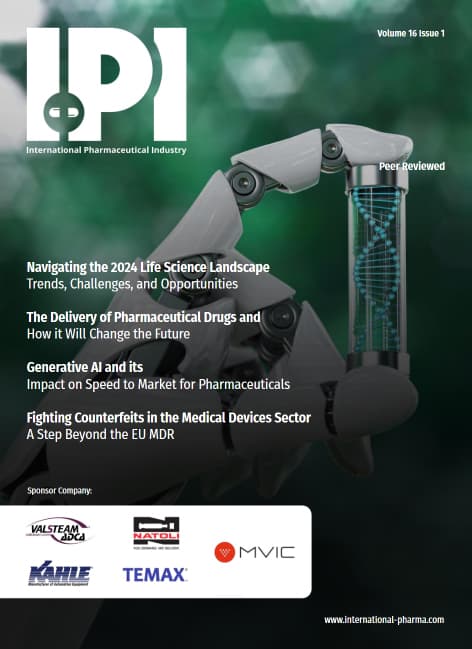The UCL study will evaluate the safety and effectiveness of MTL-CEBPA in combination with second-line standard of care sorafenib versus the use of sorafenib in isolation
The first patient has been dosed in a clinical trial evaluating the use of a new therapy for an advanced type of liver cancer. MTL-EBPA with sorafenib is being analysed with a view to treating advanced hepatocellular carcinoma (HCC).
HCC is the most common type of primary liver cancer in adults and is the third leading cause of cancer-related deaths worldwide. It is also the most common cause of death in people with end of stage liver disease.
The global phase 2 OUTREACH-2 clinical trial will evaluate the safety and effectiveness of MTL-CEBPA in combination with second-line standard of care sorafenib, against sorafenib alone. Up to 150 patients will participate in the trial.
“Advanced liver cancer remains a significant unmet medical need, in particular for those patients who are resistant to frontline systematic therapy,” Professor Tim Meyer, Professor of Experimental Cancer Medicine at University College London and chief investigator of the study, commented.
“This combination treatment demonstrated intriguing signals of activity in a phase 1b trial, including durable and complete tumour responses. We believe that MTL-CEBPA’s immunological activity in the tumour microenvironment enables greater effectiveness of sorafenib and we are excited to seek to validate those early findings in this phase 2 clinical trial,” he added.
As the first-ever RNA therapy to enter the clinic, MTL-EBPA is being studied as a combination therapy in cancer. It works by reducing or removing one of the main defence mechanisms tumours use to resist attack by the immune system. This ensures the tumour can be attacked by tumour-targeting drugs as well as the immune system.
An RNA therapy is designed to correct the mutation in the RNA of someone with a genetic disease. In doing this, the RNA can be used to create missing proteins a cell needs and take away the underlying causes of diseases.

























